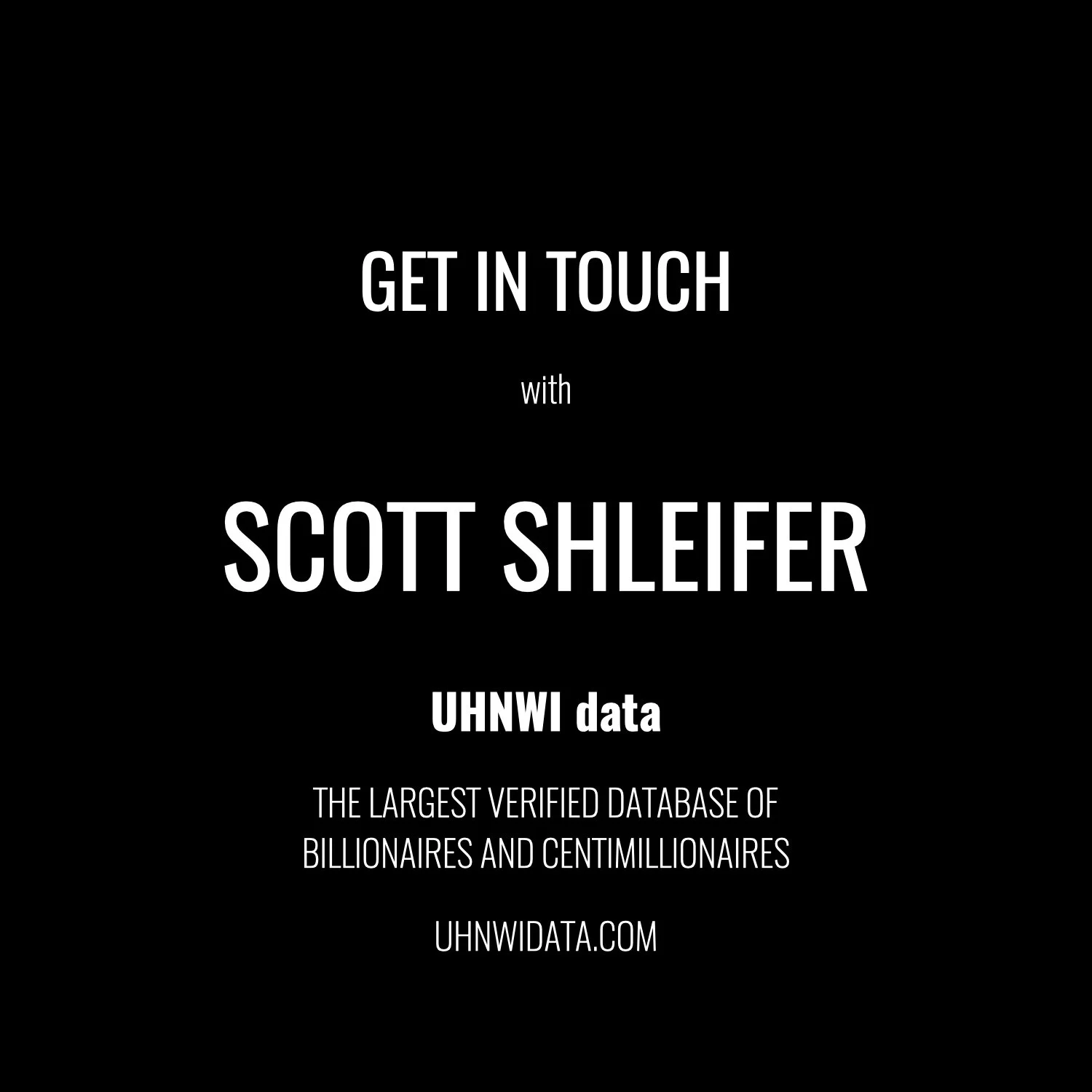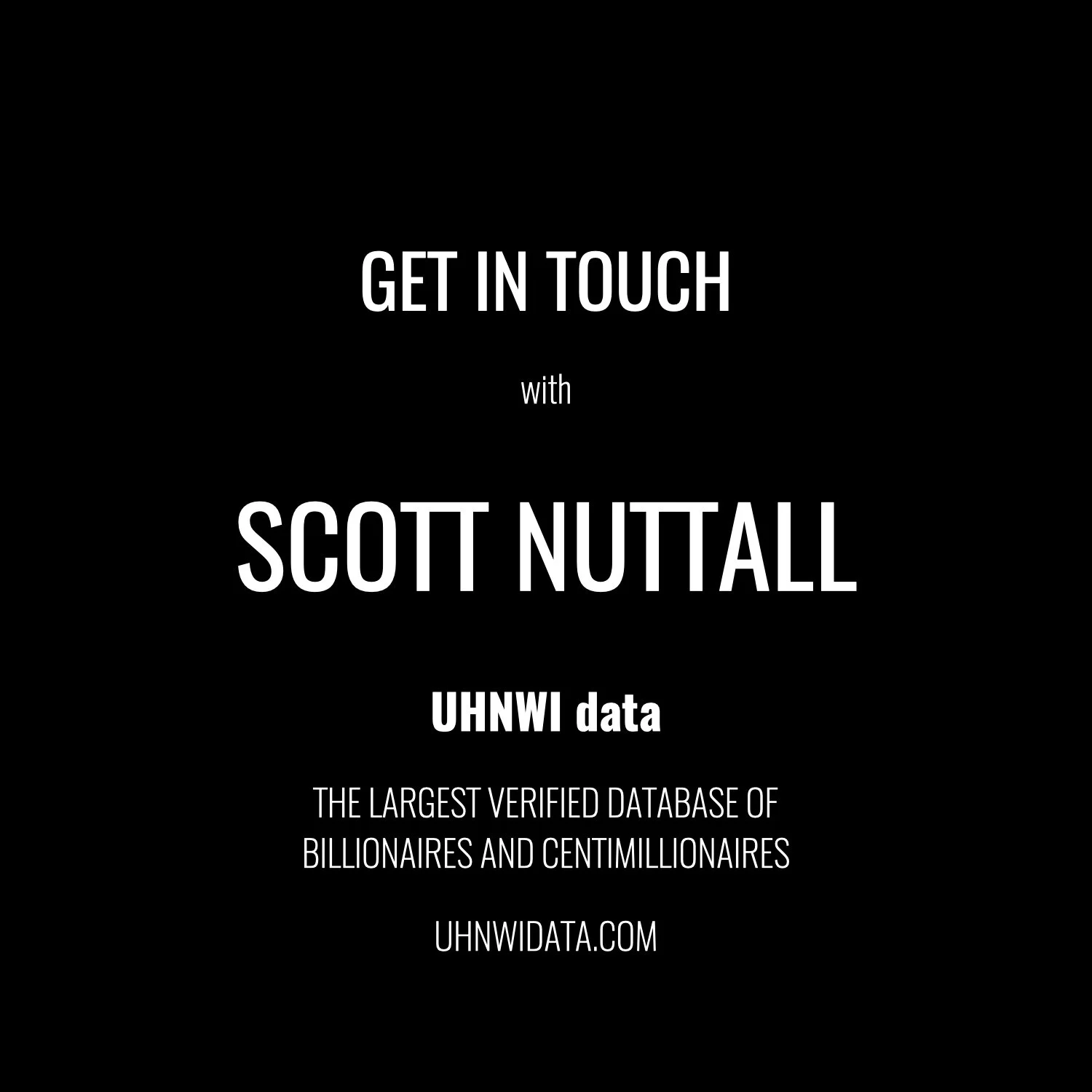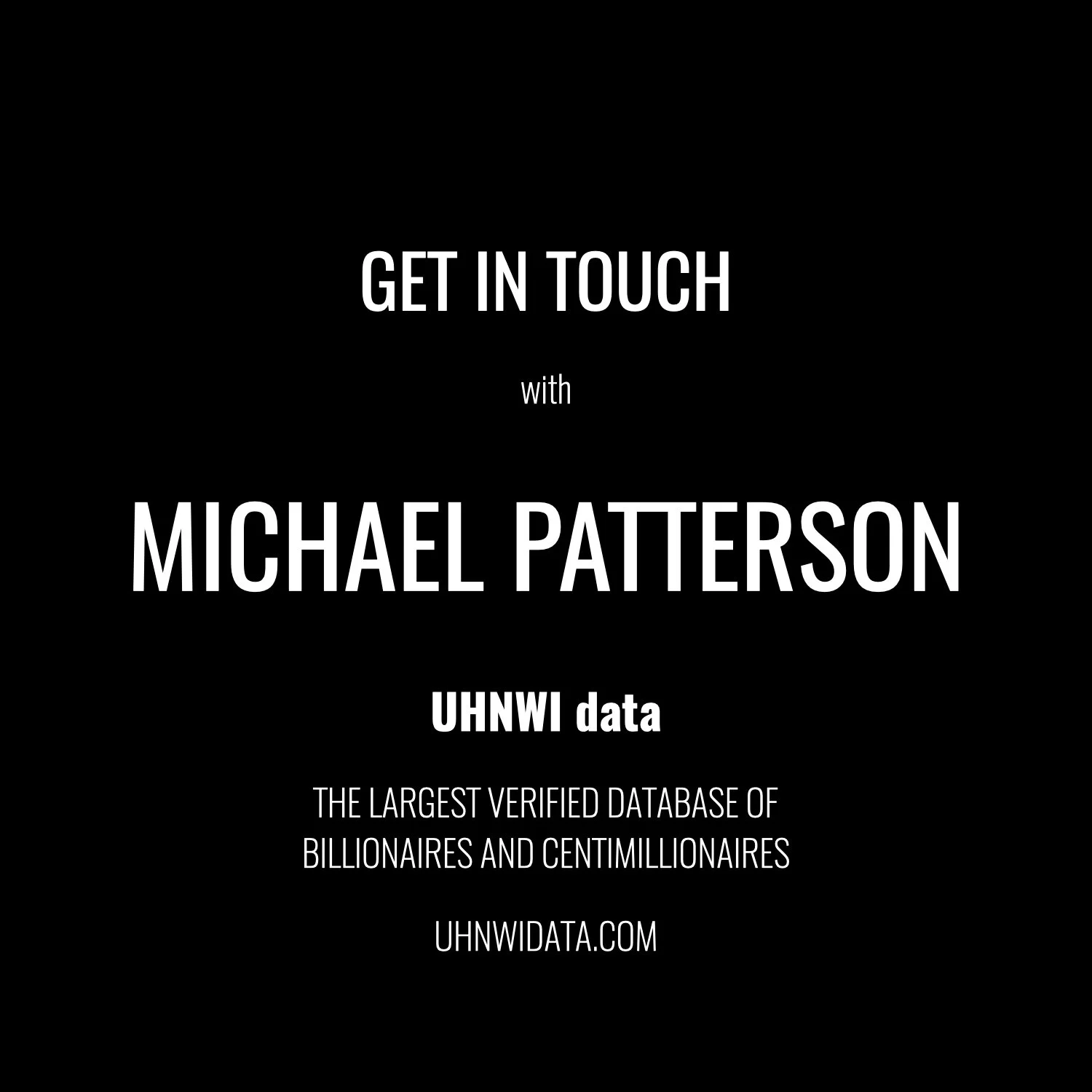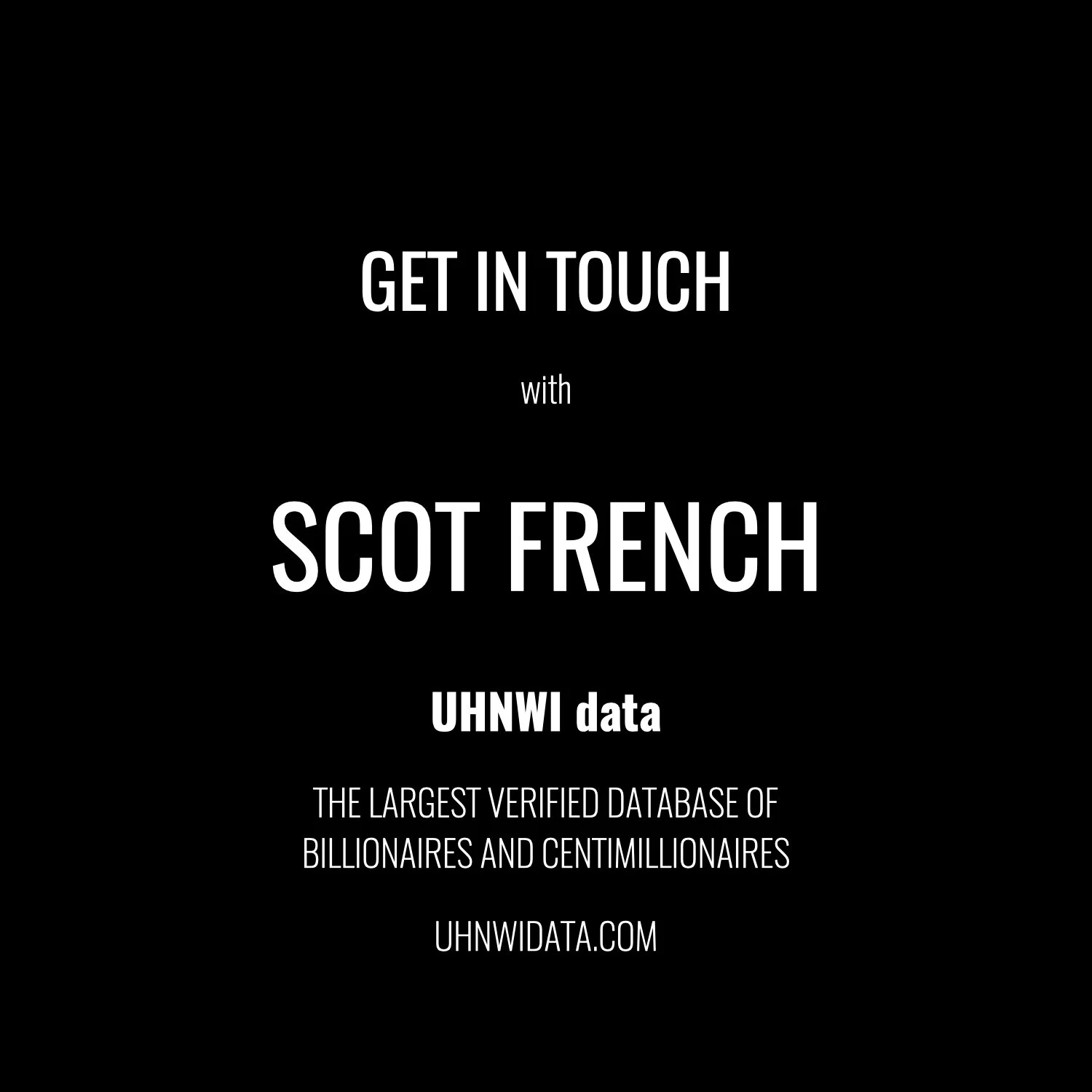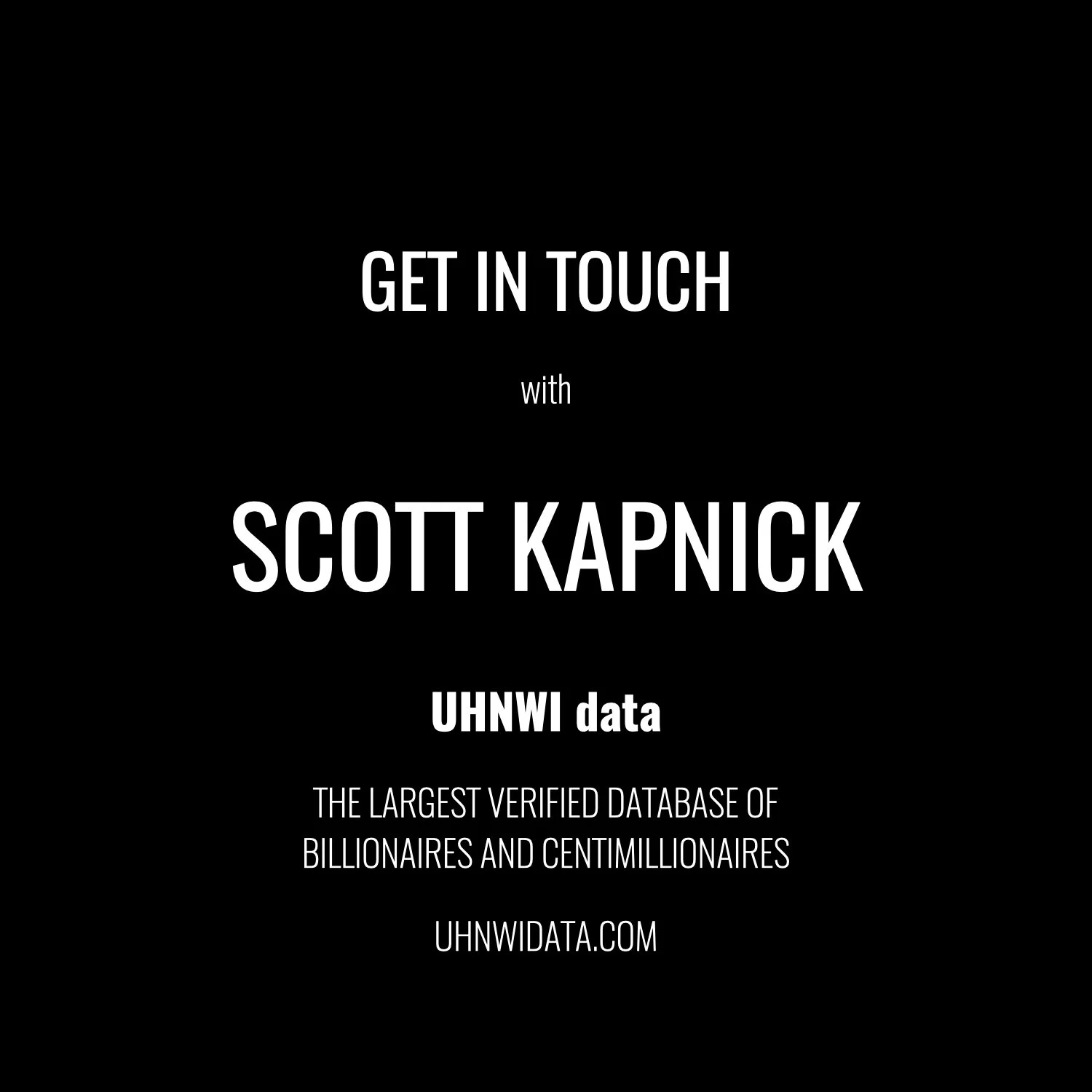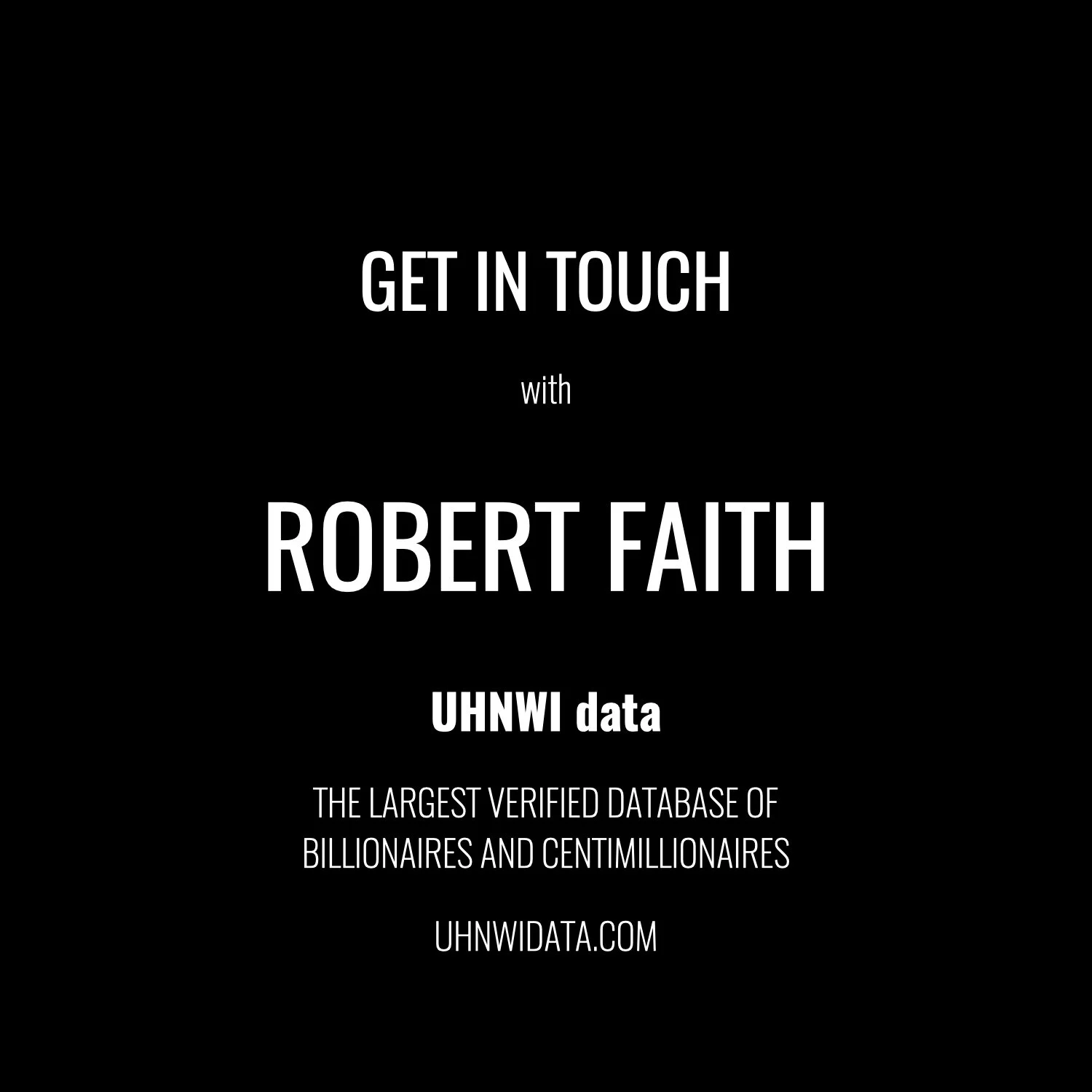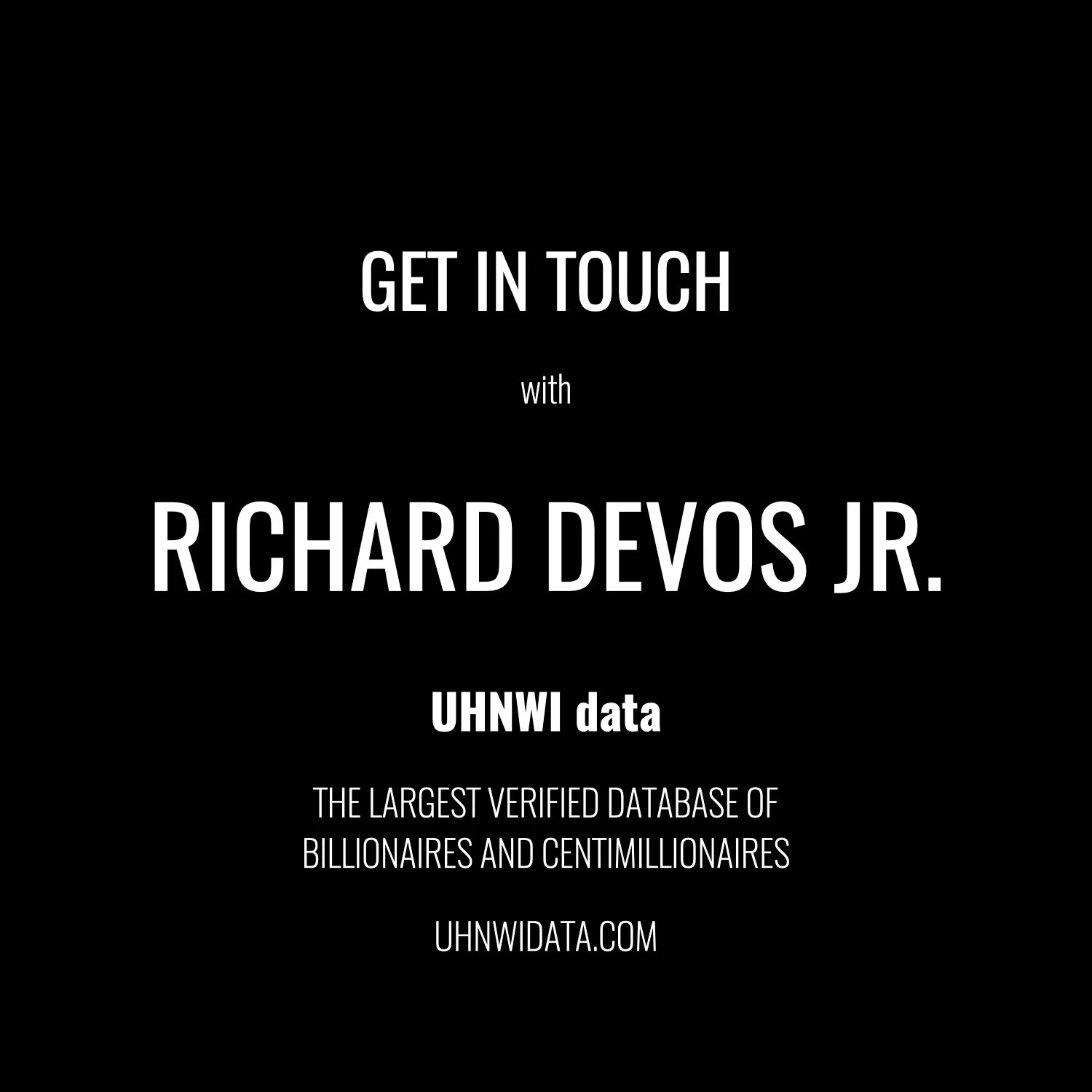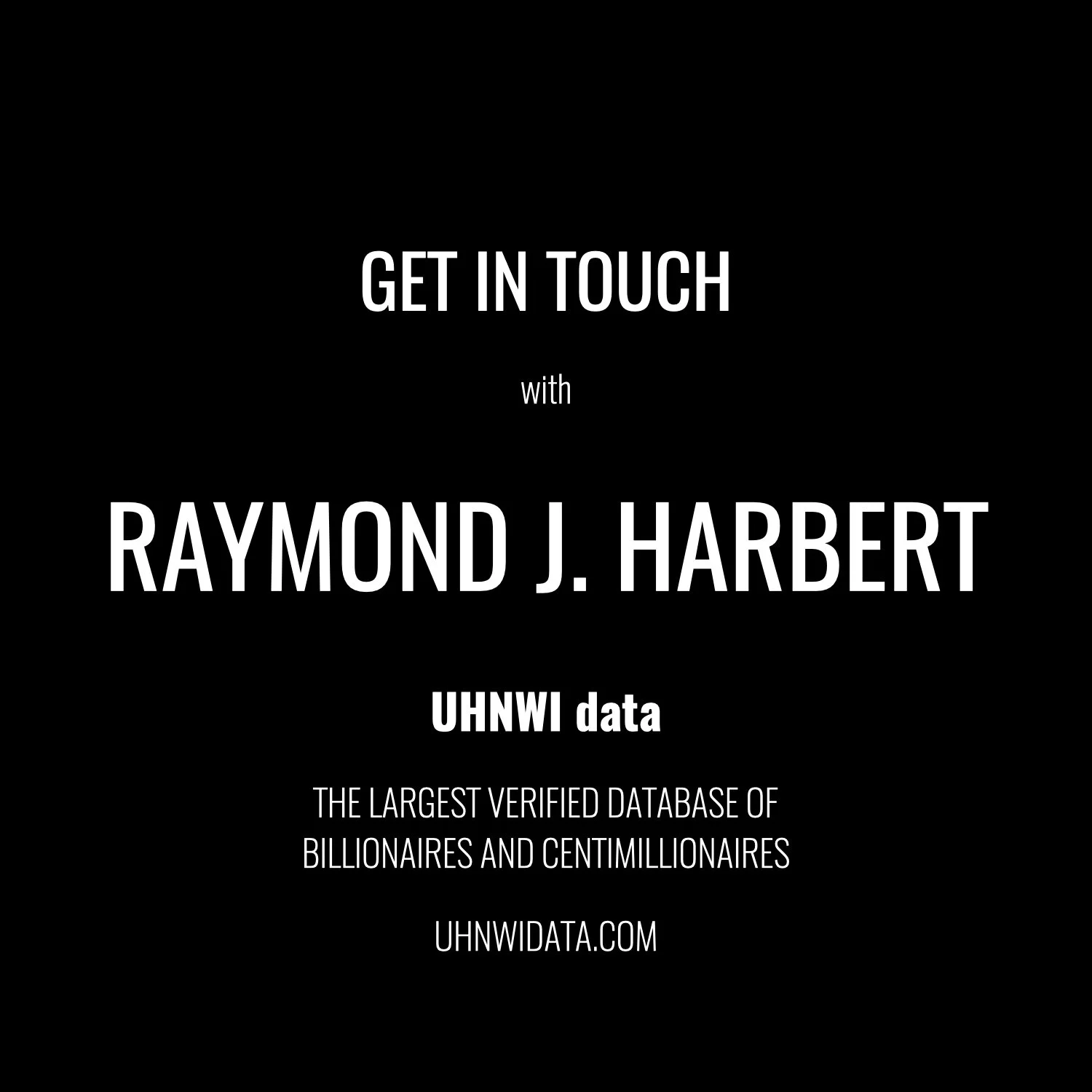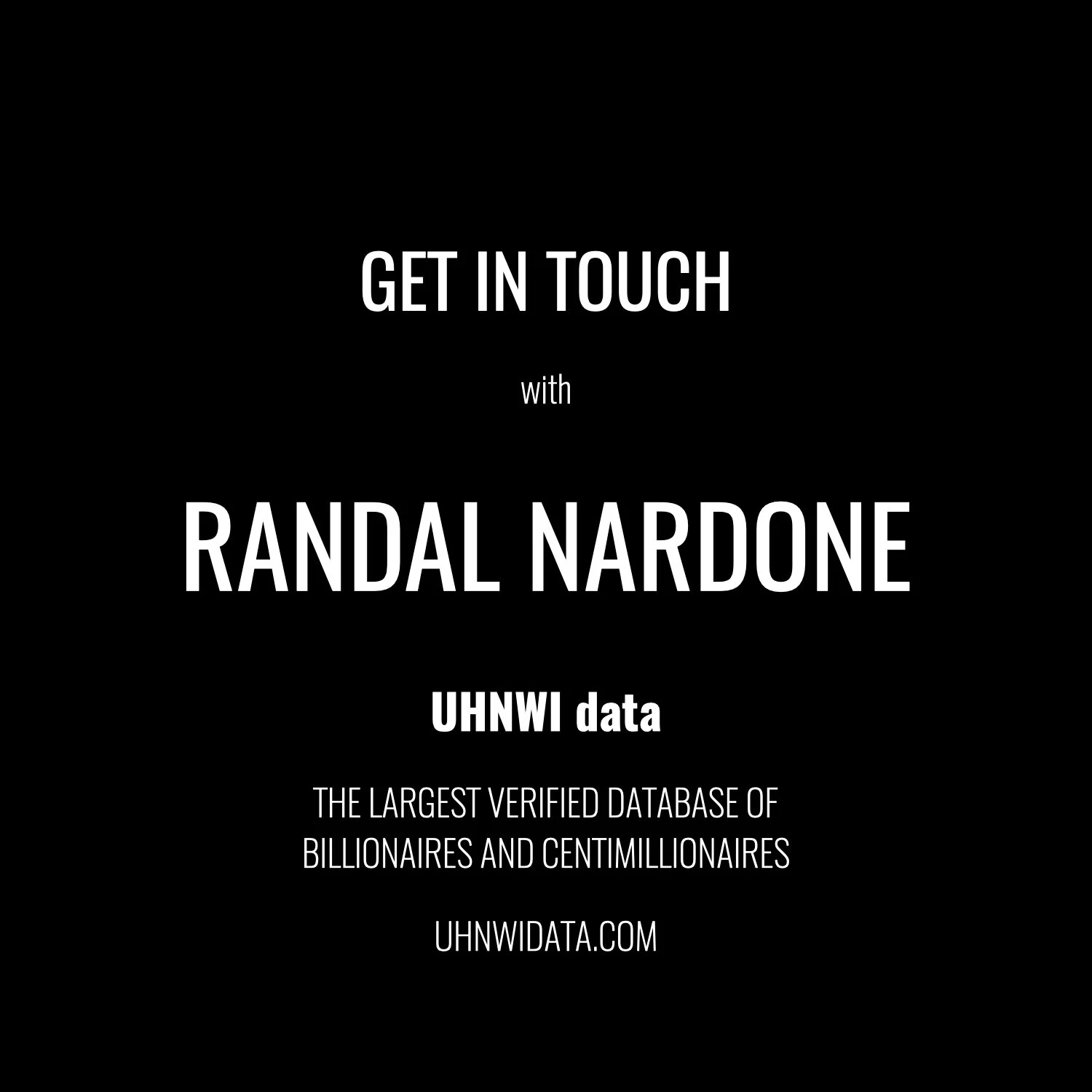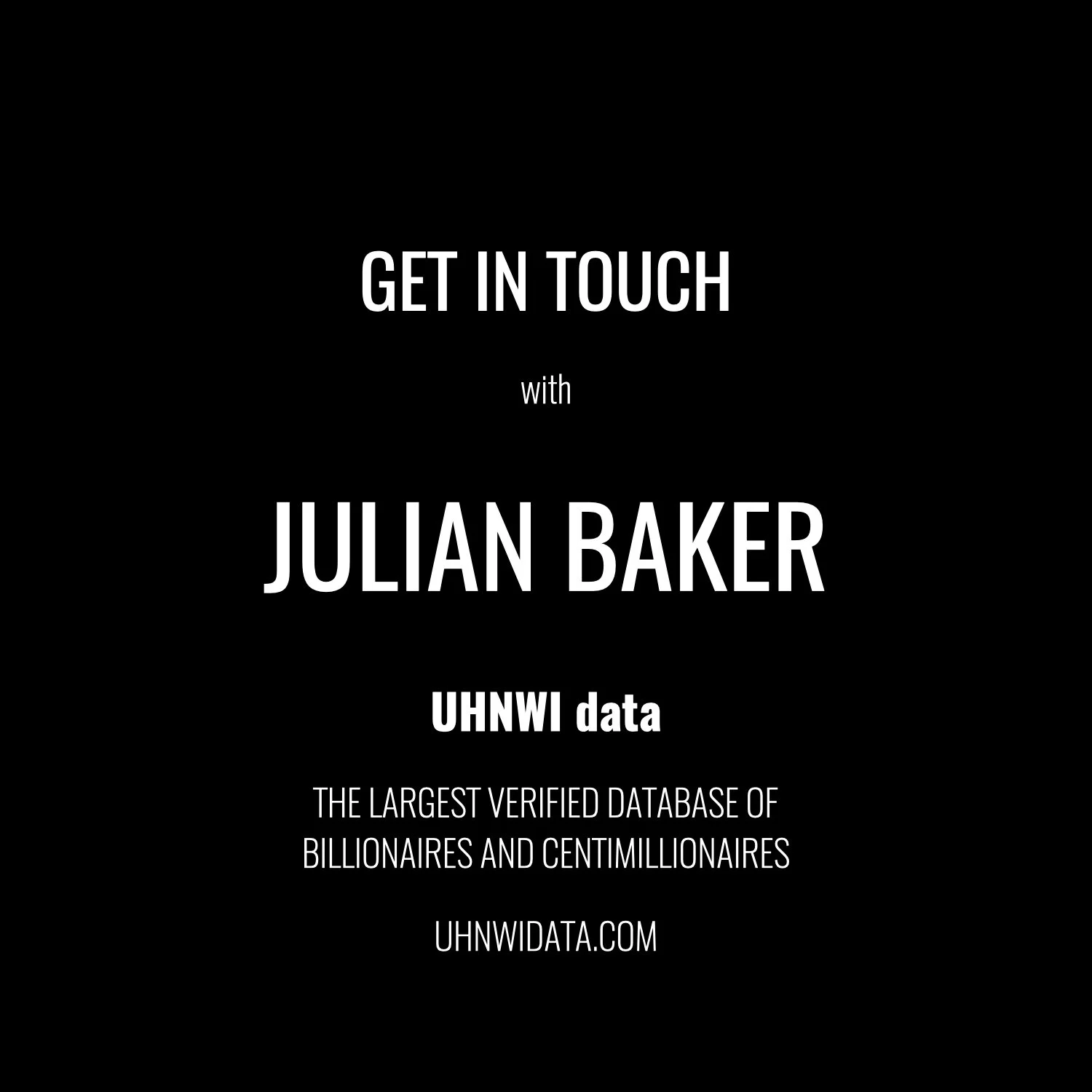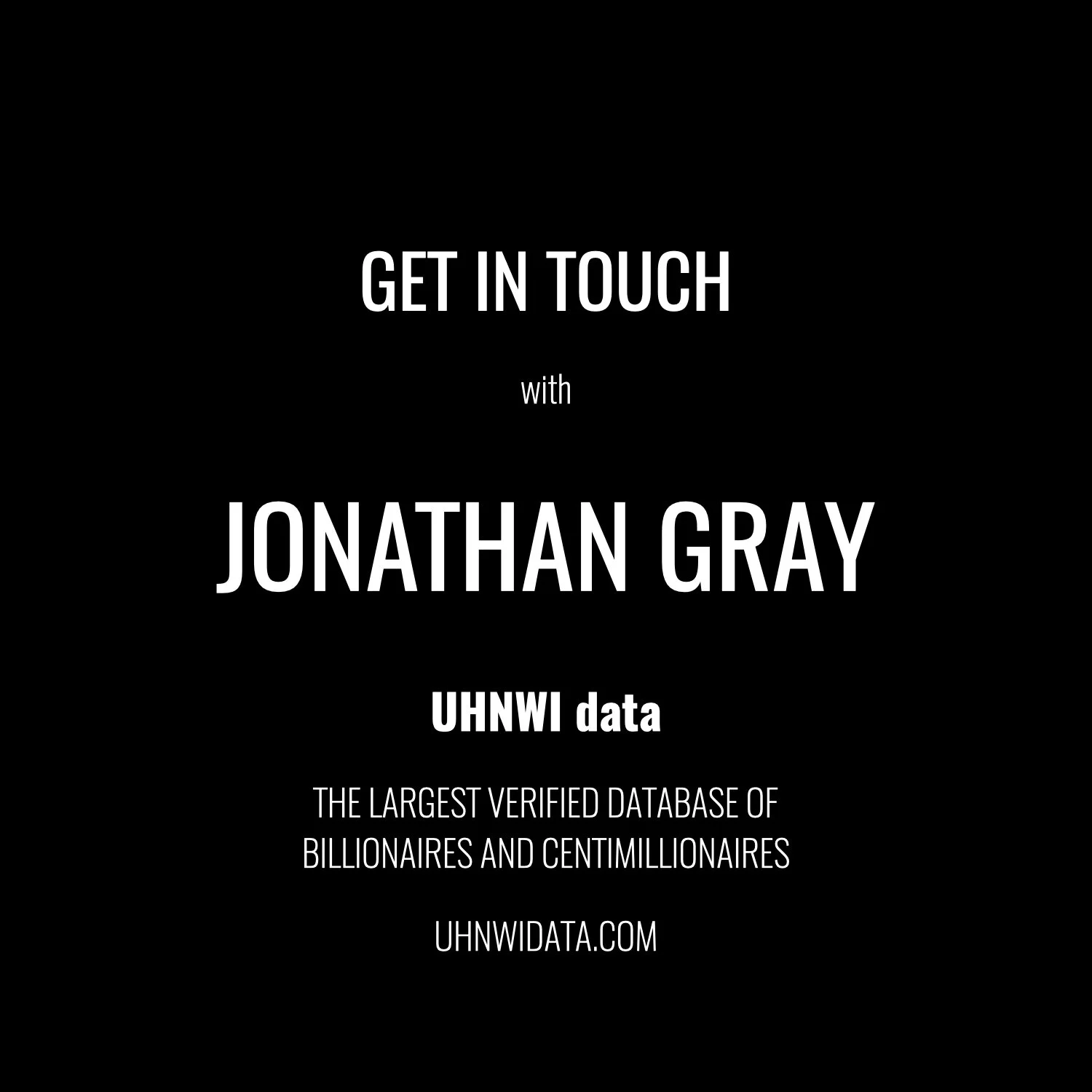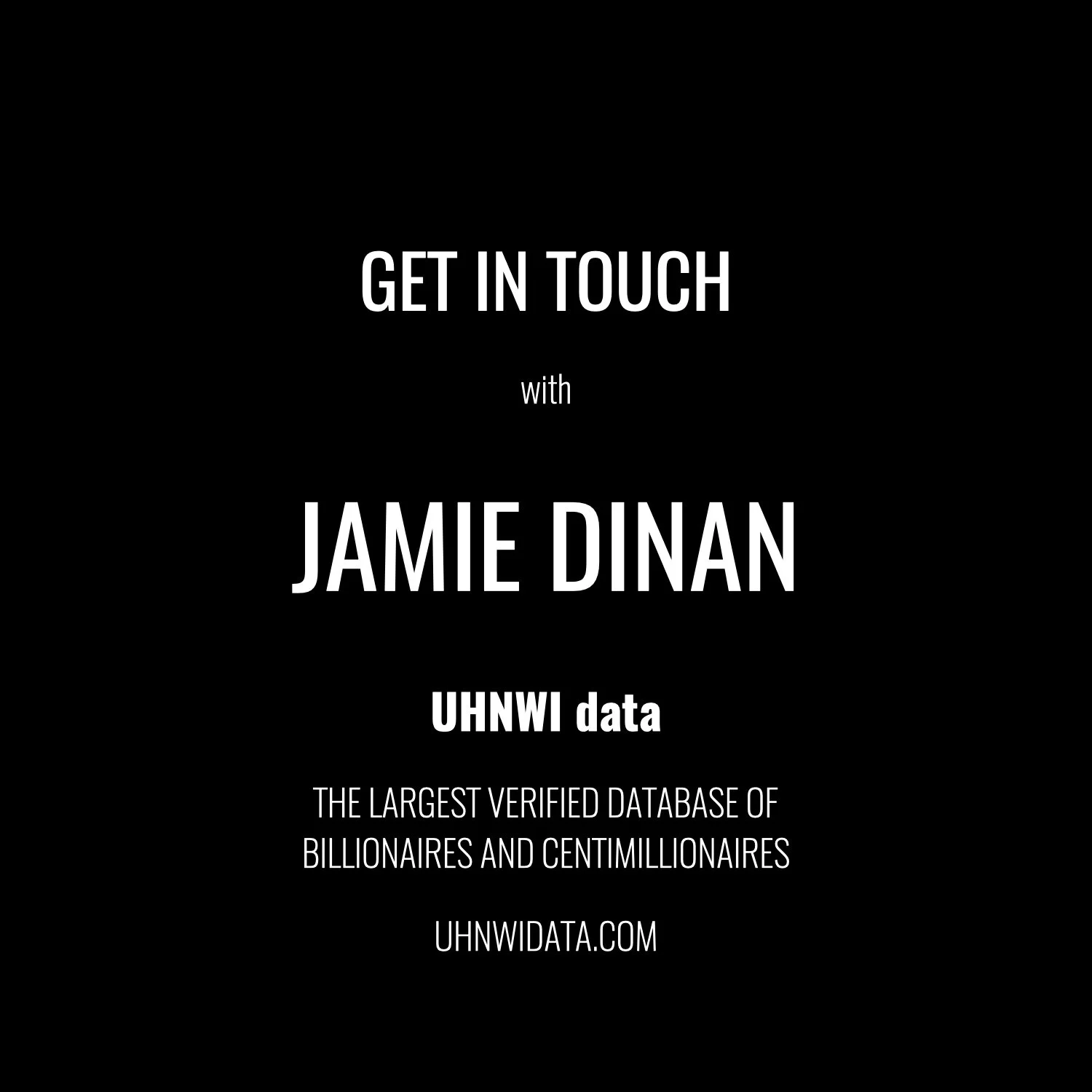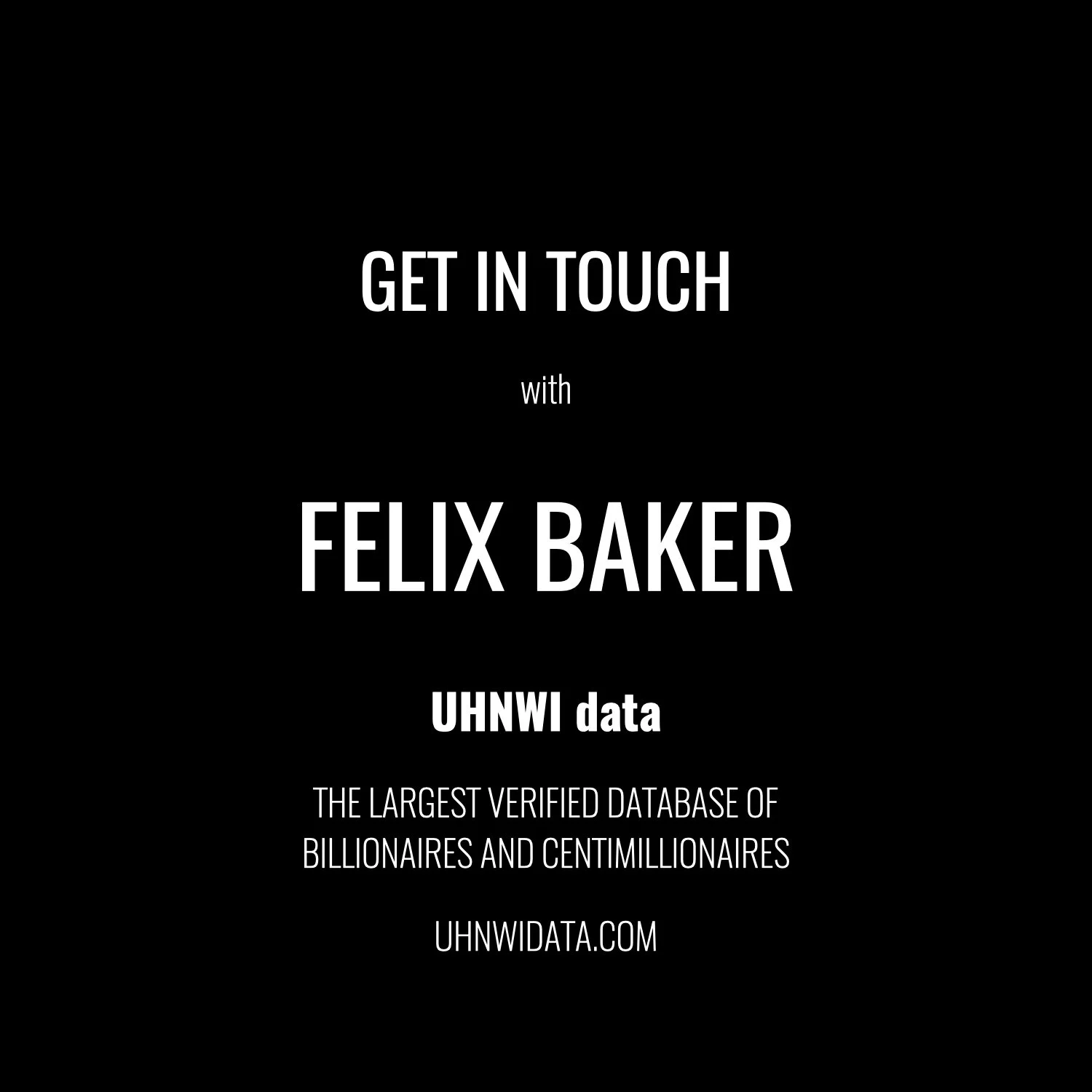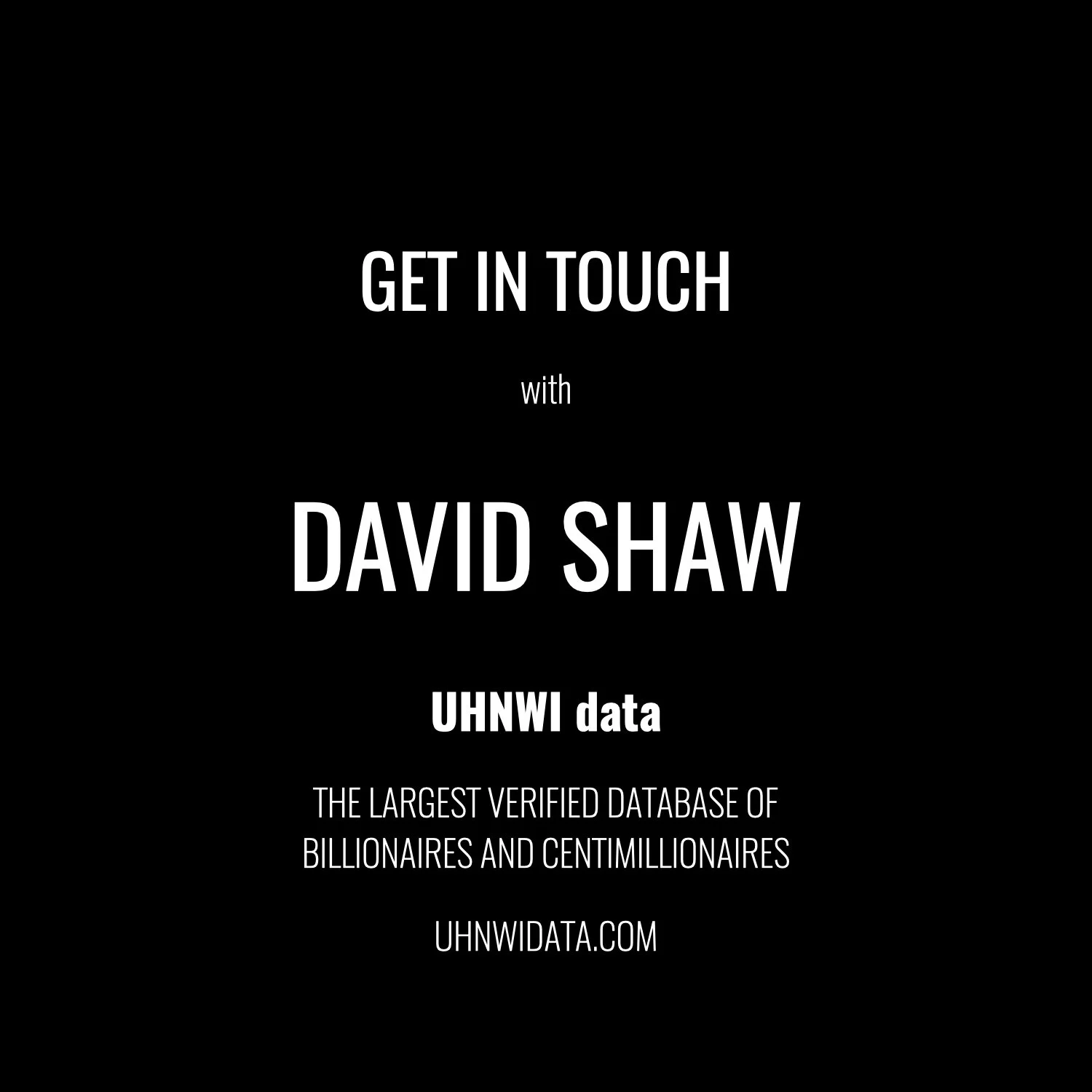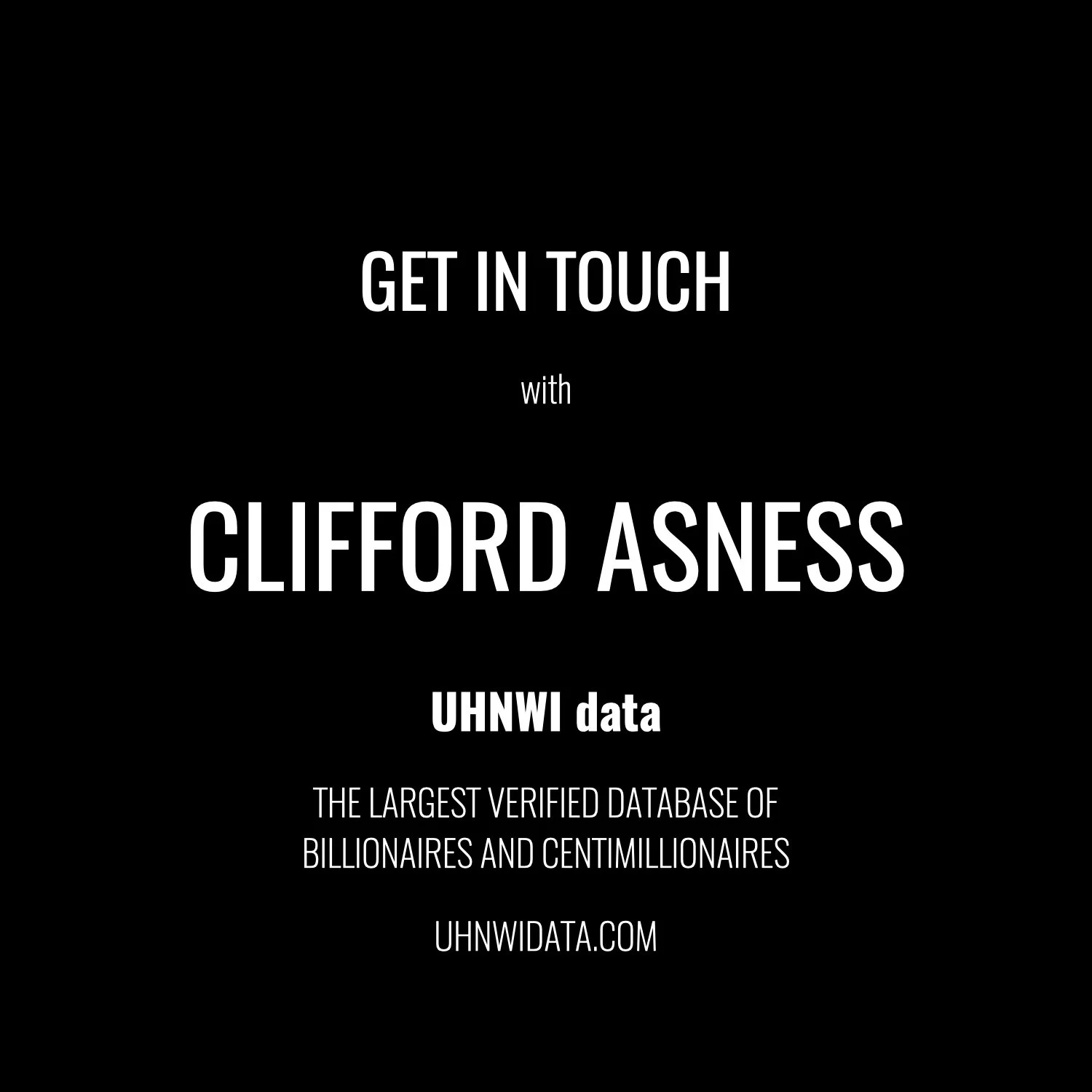James S. Chanos is an American investor and hedge fund manager specializing in short selling, with a career focused on forensic analysis of financial statements to identify overvalued companies, accounting irregularities, and unsustainable business models. He founded Kynikos Associates in 1985 as a dedicated short-selling firm, which grew into the world's largest of its kind, managing over $1 billion in assets through rigorous fundamental research targeting corporate financial disasters.[1] A 1980 Yale University graduate with a B.A. in economics and political science, Chanos began his Wall Street career as a securities analyst at firms including Paine Webber and Deutsche Bank before launching his independent venture.[2]
Chanos achieved prominence for his early short position in Enron Corporation in late 2000, profiting significantly from the energy giant's 2001 collapse amid revelations of widespread accounting fraud that inflated reported earnings and concealed debt.[2] His firm's other notable bets included shorts against Tyco International and prescient warnings about subprime mortgage risks that foreshadowed the 2008 global financial crisis, earning recognition for exposing vulnerabilities overlooked by consensus optimism.[2] Throughout his tenure, Chanos maintained a contrarian stance, often betting against sectors perceived as invincible, such as technology during the dot-com era and Chinese real estate developers amid concerns over leverage and state-driven distortions. These positions underscored his emphasis on cash flow sustainability over narrative-driven valuations, though prolonged bull markets periodically challenged short-only returns.
In November 2023, after nearly four decades, Chanos wound down Kynikos Associates' hedge funds, returning remaining capital—down to under $200 million from peaks near $6 billion—to external investors amid structural headwinds for dedicated shorts in low-volatility environments.[3] He transitioned to a family office model under Chanos & Co. for personal and advisory pursuits, while continuing to lecture on financial fraud history at Yale and advocate for regulatory transparency in capital markets.[4]
Early Life and Education
Birth and Family Background
James Steven Chanos was born on December 24, 1957, in Milwaukee, Wisconsin.[5][6]
Chanos grew up in a Milwaukee suburb within a Greek immigrant family that owned and operated a chain of dry-cleaning shops, instilling a working-class ethos from an early age.[7][8] His father managed the family business, which provided financial stability but required hands-on involvement, including Chanos working summer jobs there to help fund his education.[9][10]
This entrepreneurial family environment, rooted in immigrant resilience, exposed Chanos to practical business operations and the value of diligence, though specific details on parental names or extended family remain undocumented in public records.[11][12]
Academic Pursuits at Yale
Chanos attended Yale University, majoring in economics and political science, and earned a Bachelor of Arts degree in 1980.[2][10] His coursework included studies under economist Richard Levin, whose analytical approach later resonated with Chanos's forensic methods in finance.[10]
Beyond academics, Chanos engaged in extracurricular activities such as lightweight crew and served two years as social chairman at Davenport College, roles that honed his interpersonal skills amid a demanding schedule.[10] To support his education, he worked summers as a union steelworker, gaining practical exposure to labor economics and industrial operations.[10]
Early signs of his financial acumen emerged during his undergraduate years, as Chanos began trading options to experiment with markets, bridging his economic studies to real-world application.[8] This hands-on involvement foreshadowed his contrarian investment style, though formal finance training came post-graduation.[8]
Personal Life
Family and Private Interests
Chanos has four children, with whom he resided in New York City as of the early 2010s.[2] His spouse's identity remains undisclosed in public records.[9] The family supports the Chanos Family Charitable Foundation, a private entity in New York with trustees including Chanos and William Chanos, which reported assets of approximately $18,700 as of recent filings.
In private capacities, Chanos has demonstrated interests in education through leadership roles at elite New York institutions. He served as president of the board of trustees at The Browning School, a Manhattan private school, until stepping down in 2015 after contributing to its 125th anniversary celebrations and parental initiatives.[13][14] He has also held trustee positions at other preparatory schools, reflecting a focus on advancing independent education.[2] Additionally, Chanos has engaged in historical preservation as a trustee of the New-York Historical Society. By 2023, he relocated to a single-family residence in Coral Gables, Florida, following sales of properties in Miami Beach and New York City.[15][16]
Professional Career
Entry into Finance
After graduating from Yale University in 1980 with a B.A. in economics and political science, Chanos entered the financial industry as a junior equity research analyst at Blyth Eastman Dillon in Chicago.[10] In this entry-level role, he endured grueling 80-hour workweeks for an annual salary of $12,500, performing fundamental analysis on company financials amid the firm's transition toward Paine Webber.[7] This position provided his initial immersion in stock research, where he scrutinized balance sheets and earnings reports, honing skills in forensic accounting that would define his later career.[10]
Chanos soon advanced to Gilford Securities, another Chicago-based brokerage, around 1982, continuing as a securities analyst.[17] There, in 1983, he executed his first significant short sale on Baldwin-United Corporation after identifying inflated sales figures tied to piano annuities that masked underlying financial weaknesses, a trade that yielded substantial profits and crystallized his contrarian approach.[17] These early experiences at small firms exposed him to market inefficiencies and the potential rewards of skepticism toward consensus narratives, contrasting with the era's prevailing bull market optimism following the 1982 recession recovery.[7]
He also held a brief stint as an analyst at Deutsche Bank Capital Management during this period, further building his expertise in dissecting corporate disclosures.[11] By 1985, these formative roles had equipped Chanos with the analytical toolkit to launch his own firm, though his entry underscored the rigors of Wall Street's junior ranks, where long hours and low pay tested resilience amid limited oversight in pre-regulatory boom conditions.[11]
Founding and Growth of Kynikos Associates
Jim Chanos established Kynikos Associates in 1985 in New York City as a private investment management firm dedicated exclusively to short-selling strategies, drawing on forensic accounting techniques he developed during his early career as a financial analyst.[2][1] The firm launched with approximately $16 million in initial capital, focusing on identifying overvalued securities, accounting irregularities, and market bubbles through rigorous fundamental analysis.[12]
Kynikos Associates experienced steady expansion in its early years, leveraging Chanos's reputation for contrarian bets to attract institutional and high-net-worth clients seeking hedges against market exuberance. By the mid-1990s, the firm had positioned itself as the world's largest investment entity specializing solely in short selling, distinguishing itself in an industry dominated by long-only strategies.[12] This growth was driven by consistent performance in volatile markets, where the firm's emphasis on short positions provided uncorrelated returns.
By the early 2000s, Kynikos had scaled significantly, managing over $1 billion in assets and employing seven investment professionals, cementing its status as the preeminent short-selling organization globally.[1] The firm's expansion reflected broader hedge fund industry trends toward specialized strategies, though it maintained a niche focus amid growing competition from multi-strategy funds.[18]
Fund Wind-Down and Transition to Family Office
In November 2023, Jim Chanos announced the closure of his primary hedge funds managed under Chanos & Co., marking the end of nearly four decades in the industry, with plans to return most investor capital by December 31, 2023.[3][4] The decision followed a period of sustained asset outflows and underperformance, as the funds had declined approximately 4% year-to-date through late 2023, amid broader market challenges for short-selling strategies.[19] Assets under management had contracted sharply from a peak of around $8 billion in 2008 to less than $200 million by the time of the announcement.[19][20]
Chanos cited evolving market dynamics, including reduced institutional interest in fundamental stock-picking and short-selling, as key factors influencing the wind-down, though he emphasized that the strategy itself remained viable.[21] Over the firm's history, it had generated nearly $5 billion in profits for investors through contrarian bets, but recent years saw persistent redemptions and difficulties in attracting new capital.[22] The process involved orderly liquidation of positions and distribution of proceeds, prioritizing client returns while winding down the pooled fund structures.[3]
Following the closure, Chanos transitioned the operation to a family office model, retaining a core team to manage his personal investments and provide advisory services to select clients via separately managed accounts.[20][23] In subsequent statements, he affirmed his intent to continue short-selling activities, stating in December 2023 that he was "not done yet" and would pursue opportunities independently of the constraints associated with traditional hedge fund operations.[23] This shift allowed for greater flexibility in investment decisions without the regulatory and performance pressures of public funds, while preserving Chanos's focus on forensic analysis of overvalued equities.[20]
Investment Philosophy
Contrarian Short-Selling Methodology
Chanos's contrarian short-selling methodology centers on identifying securities that are fundamentally overvalued amid widespread market optimism, positioning shorts against the prevailing bullish sentiment to capitalize on eventual price corrections. Unlike long-only investors who seek undervalued assets with sustainable growth, Chanos targets companies exhibiting "inverse value" characteristics, such as flawed business models or suspect management, where stock prices have detached from underlying economics due to hype or speculation. This approach requires skepticism toward consensus narratives, often initiating positions when analysts and media overlook deteriorating fundamentals.[1][24]
The stock selection process begins with quantitative screens for red flags like earnings surprises, downward revisions, or discrepancies between reported profits and cash flows, followed by qualitative forensic accounting to uncover irregularities. Analysts at Kynikos Associates, including former journalists, scrutinize SEC filings for patterns such as aggressive revenue recognition, off-balance-sheet entities, related-party transactions, and insider selling, while evaluating returns on invested capital against the cost of capital to assess economic viability. Chanos categorizes potential shorts into areas like debt-fueled asset bubbles, opaque accounting practices allowing managerial discretion in asset valuations, merger-related murkiness, and general overvaluation, prioritizing those with unsustainable growth narratives.[1][24]
Risk management emphasizes portfolio diversification, position sizing limited to a small percentage of capital, and acceptance of short-selling's inherent asymmetries, including borrowing costs, margin requirements, and potential for prolonged squeezes. Chanos views successful shorting as requiring innate psychological resilience to endure market adversity, as upward price momentum can persist irrationally, but maintains that rigorous, evidence-based analysis—rather than speculation—drives long-term profitability by exposing frauds and bubbles before they burst.[1][24]
Emphasis on Forensic Accounting and Fundamentals
Chanos's investment strategy centers on forensic accounting to identify accounting manipulations and structural weaknesses in companies. This entails rigorous examination of financial statements, including balance sheets, income statements, cash flow reports, and footnotes, to detect red flags such as aggressive revenue recognition, channel stuffing, or inconsistencies between accrual-based earnings and actual cash generation.[25][26] For example, in analyzing Enron Corporation in late 2000, Chanos observed that the firm reported growing profits amid rapid expansion but generated negative and deteriorating operating cash flows, signaling unsustainable practices hidden by mark-to-market accounting.[25][12]
This forensic approach integrates with a strict adherence to fundamental analysis, where Chanos evaluates businesses based on intrinsic value derived from core economics, competitive moats, and long-term cash flow potential rather than short-term market sentiment or growth narratives. He prioritizes quantifiable metrics like return on invested capital and free cash flow yield, dismissing speculative valuations driven by hype or unproven promises.[24][27] In speculative environments, Chanos warns that investors often overlook these fundamentals, leading to bubbles where stock prices reflect optimism over evidence; he counters this by shorting when prices diverge materially from underlying realities.[28][29]
Chanos has formalized this methodology through educational efforts, including syllabi on financial fraud detection that emphasize dissecting statements for "too good to be true" patterns, such as non-core business expansions funded by debt or equity issuance.[26] His firm's process at Kynikos Associates involved teams cross-referencing regulatory filings with operational data to validate claims, a discipline he credits for early detections of frauds beyond Enron, like those in Chinese real estate firms where balance sheet leverage masked insolvency risks.[12][29] This dual focus on forensics and fundamentals enables contrarian positions grounded in empirical discrepancies, rather than mere bearish bias.
Views on Market Speculation and Bubbles
Chanos has long cautioned that financial markets periodically succumb to speculative fervor, where investor enthusiasm for narratives outpaces underlying economic realities, fostering bubbles that eventually burst. He attributes such episodes to excesses in credit creation and a suspension of skepticism, often following prolonged bull markets that erode analytical rigor. For instance, he has noted that after 16 years of favorable conditions in equities and credit, standards for due diligence have diminished, enabling hype-driven valuations.[30]
In identifying bubbles, Chanos emphasizes forensic scrutiny of fundamentals over momentum, viewing speculation as distinct from investing, which requires evidence of sustainable cash flows rather than projected disruptions. He has likened current market dynamics to a "casino society," particularly in cryptocurrency and artificial intelligence sectors, where trading in assets like meme coins and Bitcoin treasuries prioritizes gambling-like bets over productive value creation. Bubbles, in his assessment, emerge when speculation proves more profitable than fundamentals, as seen historically in cycles from the dot-com era to tulip mania, with fraud often lagging financial exuberance.[31]
Chanos has repeatedly drawn parallels between the ongoing AI capital expenditure surge and the late-1990s internet buildout, describing AI as "the displacement idea of this cycle" amid massive infrastructure demands. He highlights annual spending approaching $500 billion on chips and data centers—far exceeding the roughly $100 billion in vendor financing during the dot-com period—while questioning returns, citing OpenAI's projected $13 billion revenue in 2024 and $30 billion in 2025 against hundreds of billions in required outlays. Such imbalances, he argues, risk a sharp contraction similar to the 40% earnings drop from 2000 to 2002 if productivity gains fail to materialize.[30][31]
Amid these concerns, Chanos assesses recent speculation as approaching the extremes of early 2021—the most frothy period in his 45-year career—evidenced by resurgent meme stocks, SPACs raising $3 billion, and meme coin issuances like the $Trump token. Despite narrow credit spreads at near-record lows signaling complacency, he warns of vulnerabilities in subprime auto lending and overleveraged entities, advocating a strategy of broad equity longs paired with targeted shorts on underperformers to navigate irrationality without succumbing to it.[28][32]
Notable Short Positions
Enron Collapse (2000-2001)
In November 2000, Chanos initiated a short position in Enron Corporation stock after scrutinizing the company's third-quarter earnings report, which revealed a sharp increase in "other income" derived from mark-to-market accounting practices and structured finance deals rather than traditional energy trading revenues.[33] These practices allowed Enron to book projected future profits from long-term contracts and asset sales that had not yet materialized, raising red flags about the sustainability of reported earnings growth, which had outpaced cash flows by a wide margin.[1] Chanos's forensic analysis highlighted inconsistencies, such as Enron's dependence on off-balance-sheet special purpose entities to hide debt and inflate asset values, prompting him to question the firm's fundamental business model amid Wall Street's enthusiasm for its purported innovation in energy derivatives.[34]
As Enron's stock traded between $65 and $80 per share during late 2000, Kynikos Associates expanded its short exposure following further disclosures that failed to clarify these accounting anomalies, with Chanos publicly expressing skepticism in early 2001 through media interviews and analyst discussions.[33][1] His warnings contributed to mounting investor doubt, exacerbated by executive stock sales and internal whistleblower revelations, culminating in Enron's restatement of earnings on November 8, 2001, which slashed prior profits by $586 million, and its bankruptcy filing on December 2, 2001—the largest in U.S. history at the time, with $63.4 billion in assets.[35]
The short position yielded substantial returns for Kynikos, as Enron's shares plummeted from an average entry price around $79 to pennies, enabling Chanos to profit handsomely from the exposure while exposing systemic flaws in corporate governance and auditing oversight.[34][22] This bet underscored Chanos's methodology of targeting overvalued firms with aggressive accounting, predating broader market recognition of Enron's $74 billion in shareholder losses over the preceding four years.[35]
Chinese Economy and Real Estate Bets (2010s)
In January 2010, Jim Chanos publicly declared China's economic boom unsustainable, initiating short positions through Kynikos Associates against real estate developers, banks, infrastructure firms, and broader market indices like the Hang Seng. He cited forensic analysis revealing overcapacity, ghost cities, and investment comprising over 50% of GDP—far exceeding historical norms for developed economies—as evidence of a classic credit-fueled bubble akin to Japan's 1980s excesses or Dubai's pre-2009 model.[36][37] Chanos emphasized that empty apartments and speculative inventory, financed by loose credit post-2008 stimulus, masked weak consumer demand and state-directed malinvestment.[38]
Throughout the early 2010s, Chanos expanded these bets, shorting Chinese property firms and export-dependent sectors amid government efforts to curb speculation via purchase restrictions and higher down payments starting in 2010. By mid-2011, he reported profits on select real estate shorts as local property markets cooled, with some cities seeing price drops of 20-30%, though national stimulus propped up broader indices.[39] His thesis persisted: China's "leveraged prosperity" relied on debt-fueled construction rather than productivity gains, with local government financing vehicles (LGFVs) amassing trillions in off-balance-sheet liabilities by 2013.[40] Despite intermittent rallies, Chanos highlighted persistent red flags like slowing GDP growth from 10.6% in 2010 to 7.3% by 2014 and rising non-performing loans in banks exposed to real estate.[41]
The positions faced headwinds in a bull market for emerging equities, contributing to Kynikos's underperformance in years like 2011-2014 as China's official data showed resilience and global commodity demand supported infrastructure plays. However, by 2015, accelerating capital outflows, stock market volatility, and devaluation of the yuan validated aspects of Chanos's warnings, yielding gains for his China shorts amid a broader economic slowdown.[42] He reduced exposure by 2018—the lowest in eight years—after years of pain trading, though real estate vulnerabilities, including developer leverage exceeding 300% of equity in cases like Evergrande precursors, foreshadowed later defaults.[43] Chanos's decade-long critique underscored systemic risks in state capitalism, where opaque data and policy interventions delayed but did not avert corrections.[44]
Tesla Inc. (Ongoing Since 2016)
Chanos publicly disclosed a short position in Tesla Inc. in May 2016, after expressing bearish views on the company as early as October 2013.[45] In a CNBC interview on May 4, 2016, he criticized Tesla's impending acquisition of SolarCity, arguing that the solar firm's residential leasing model generated losses on every installation, offset only by volume assumptions that strained Tesla's leveraged balance sheet.[46] He contrasted Tesla with Amazon, asserting it lacked comparable operational efficiencies or durable competitive advantages in electric vehicles and energy storage.[47]
Chanos's thesis emphasized forensic accounting scrutiny, highlighting Tesla's high cash burn rates, repeated production shortfalls, and reliance on regulatory credits for profitability amid negative gross margins in core automotive operations.[48] By 2017, he described Tesla's enterprise value as effectively zero when discounting speculative future growth, pointing to accounting practices that masked underlying operational weaknesses.[12] The position endured as Tesla's market capitalization expanded from approximately $30 billion in mid-2016 to over $1 trillion by late 2021, marking it as Chanos's longest unprofitable short and resulting in multibillion-dollar losses for Kynikos Associates.[49][48]
In December 2020, amid Tesla's S&P 500 inclusion and stock surge, Chanos reduced the position's size—describing it as "painful"—while retaining a bearish stance, later shifting exposure to put options in January 2021 to cap downside risk without fully exiting.[50][51] Following the 2023 wind-down of his hedge funds, he continued holding a short via his family office as of late 2023, undeterred by Tesla's valuation multiples exceeding 100 times forward earnings.[23]
Into 2025, Chanos maintained skepticism toward Tesla's narrative, challenging CEO Elon Musk's August projections for robotaxi costs below 20 cents per mile as "absurd" given unproven full self-driving technology and regulatory hurdles.[52] In June 2025 interviews, he noted Tesla's valuation increasingly detached from auto sales—trading at premiums implying dominance in unmaterialized segments like autonomy—while expressing fatigue in dissecting the stock's momentum-driven behavior.[53][54] Despite partial reductions, the position exemplified Chanos's contrarian commitment to fundamentals over speculative fervor, even as Tesla's shares fluctuated amid EV market competition and macroeconomic pressures.[55]
Luckin Coffee and Other Fraud Cases
In early 2020, Chanos established a short position in Luckin Coffee Inc., a Chinese coffee retailer that had debuted on NASDAQ in May 2019 with rapid growth claims, acting on analysis prompted by a report from short-seller Muddy Waters Research alleging fabricated transactions.[56] On April 2, 2020, Luckin disclosed that its chief operating officer had fabricated approximately RMB 2.2 billion ($310 million) in sales transactions from April 2019 through January 2020, inflating net revenue by over 40% in the second and third quarters of 2019 alone.[57] The revelation triggered a U.S. Securities and Exchange Commission investigation, delisting from NASDAQ in June 2020, and a $180 million civil penalty settlement in December 2020, underscoring systemic issues in auditing variable interest entities used by Chinese firms for U.S. listings.[57][58]
Chanos covered his Luckin short pre-market on April 2, 2020, ahead of the stock's intraday plunge exceeding 70%, reportedly generating around $100 million in profits for his firm amid the prior pressure from the January Muddy Waters allegations.[59][60] This trade exemplified Chanos's forensic focus on discrepancies in Chinese consumer firms' aggressive expansion metrics, such as Luckin's claimed same-store sales growth outpacing industry peers without corresponding unit economics.[61]
Beyond Luckin, Chanos profited from shorts in other firms later exposed for accounting manipulations, including Tyco International in the late 1990s and early 2000s, where he flagged excessive acquisitions and cash flow inconsistencies before revelations of $150 million in unauthorized executive loans and billions in overstated earnings led to CEO Dennis Kozlowski's 2005 conviction for fraud.[10] His methodology similarly targeted Baldwin-United in 1983, shorting the insurer amid hidden liabilities from aggressive sales of annuities that masked insolvency risks, contributing to its bankruptcy and yielding substantial gains as regulators unwound the scheme.[12] These positions highlighted Chanos's pattern of exploiting gaps between reported fundamentals and cash generation, often in environments with lax oversight, though outcomes depended on timing market reactions to disclosures.[1]
Additional Targets: Wirecard, Caterpillar, and Beyond Meat
Chanos initiated a short position against Wirecard AG, the German payments processor, prior to its 2020 accounting scandal, which revealed €1.9 billion in allegedly nonexistent cash balances audited by EY.[4] His bet profited approximately $100 million as Wirecard's shares plummeted over 99% from their peak, leading to the company's insolvency filing on June 25, 2020, after investigations confirmed widespread fraud including fabricated transactions in Asia.[62]
In contrast, Chanos maintained a long-term short against Caterpillar Inc. (NYSE: CAT), disclosing the position publicly in July 2013 at a CNBC conference, citing the heavy machinery giant's vulnerability to commodity cycles and overreliance on emerging markets, particularly China, where infrastructure demand had peaked.[63] He reiterated the stance in October 2016, arguing that Caterpillar's fundamentals remained unchanged despite a low valuation, as sales of mining and construction equipment continued to decline amid slowing global growth; the position appeared in his firm's 2023 disclosures via put options valued at millions.[64][65] Caterpillar's stock rose over 500% from 2013 lows by 2025, reflecting broader industrial recovery, though Chanos emphasized forensic analysis of order backlogs and dealer inventories over market momentum.
Chanos also shorted Beyond Meat Inc. (NASDAQ: BYND) during its 2019-2021 post-IPO surge, driven by plant-based food hype, but highlighted decelerating sales growth and unsustainable valuations trading at over 10 times projected sales by early 2022.[66] He described the company as having "ceased to be a growth company" after revenue growth slowed to single digits in 2021 from triple-digit peaks, amid rising competition and consumer reversion to traditional meats; short interest exceeded 40% of float by January 2022, the highest in the Russell 1000.[67] Chanos covered the position by early 2024, noting in a February interview that while the trade captured COVID-era speculation excesses, Beyond Meat's shares had already fallen over 90% from 2019 highs, validating concerns over unit economics and market saturation.[68]
Performance and Criticisms
Empirical Successes in Fraud Detection
Chanos's forensic accounting approach has yielded several verifiable successes in identifying corporate frauds, beginning early in his career and continuing through high-profile cases that resulted in substantial profits for his funds. In 1982, while an analyst at Gilford Securities, Chanos recommended shorting Baldwin-United Corporation after detecting irregularities in its single-premium deferred annuities and accounting practices, with the stock trading at approximately $24 per share.[69] The company, which had aggressively marketed these products to fund piano sales, collapsed in 1983 amid revelations of fraudulent sales tactics and unsustainable liabilities exceeding $1 billion, vindicating his analysis and marking his initial breakthrough in short-selling.[17] This case demonstrated his emphasis on scrutinizing cash flows and off-balance-sheet vehicles, leading to the establishment of Kynikos Associates in 1985.[70]
Subsequent successes included shorts on companies like Tyco International, where Chanos's team flagged aggressive accounting and related-party transactions prior to the 2002 scandal involving CEO Dennis Kozlowski, enabling profitable exits as the stock plummeted over 80% amid fraud charges.[10] In more recent instances, Chanos profited from short positions in Luckin Coffee Inc., initiating the bet in early 2020 on skepticism toward its rapid growth and transaction data; the stock fell over 70% in April 2020 following disclosures of fabricated revenues totaling $310 million, allowing him to cover the position at a gain.[59] Similarly, his short against Wirecard AG, based on doubts over its Asian operations and escrow validations, generated nearly $100 million in profits when the firm admitted in June 2020 to missing €1.9 billion in cash—equivalent to over half its reported assets—triggering a 96% stock drop and insolvency. These outcomes underscore a pattern where Chanos's investigations preceded regulatory confirmations of fraud, with empirical validation through market declines and legal proceedings.[62]
Across these cases, Chanos's methodology—focusing on discrepancies between reported earnings and cash generation—has consistently exposed overstatements driven by manipulative practices, as corroborated by subsequent audits and prosecutions.[10] While not every short succeeds, the fraud detections have contributed disproportionately to Kynikos's returns, with the firm reporting compounded annual gains averaging around 7% from inception through the 2010s, bolstered by such high-conviction positions.[71] This track record highlights the value of short sellers in uncovering risks overlooked by consensus optimism, though it relies on rigorous, independent verification rather than market sentiment.[1]
Losses in Prolonged Bull Markets
During the extended bull market following the 2008 financial crisis, Chanos' funds experienced notable drawdowns due to the persistent upward trajectory of equities, which amplified losses on short positions as stocks rose despite underlying fundamental concerns. For instance, Kynikos Associates' Opportunity Fund declined 14% in 2013, marking its largest annual loss in over a decade amid a broader market rally driven by accommodative monetary policy and improving economic indicators.[7] This underperformance stemmed from the strategy's inherent short bias, where mark-to-market losses accumulated on bets against overvalued sectors like technology and consumer stocks, even as corrections failed to materialize promptly.[12]
Chanos' longstanding short position against Tesla Inc., initiated in 2016, exemplifies the challenges of prolonged bull runs, with the stock's meteoric rise—from approximately $40 (split-adjusted) at the time of entry to over $400 by late 2021—inflicting substantial realized and unrealized losses on the position.[23] Despite periodic adjustments, such as trimming the bet in 2020 amid production ramps, the overall trade contributed to negative returns for Chanos' short-only Ursus Fund, which fell 12% in 2021 as Tesla and similar high-growth names surged on retail enthusiasm and speculative fervor.[72] These episodes highlighted how extended market optimism can erode capital on contrarian shorts, prompting investor redemptions that reduced Kynikos' assets under management from peaks near $6 billion in the mid-2000s to under $2 billion by 2018.[73]
The cumulative toll of such bull market environments factored into Chanos' decision to wind down his primary hedge funds in late 2023, as sustained equity gains diminished appetite for short-selling strategies and complicated capital raising.[73] While Chanos maintained that his forensic approach remained viable for identifying frauds and bubbles, the period underscored the opportunity costs of a perpetual bearish tilt, with funds lagging broader indices like the S&P 500, which returned over 400% from 2009 to 2021.[23] Post-closure, Chanos continued select shorts through personal accounts, but the era illustrated how prolonged upward momentum can override fundamentals temporarily, leading to asymmetric pain for short sellers awaiting mean reversion.[12]
Critiques of Persistent Short Bias
Critics of Jim Chanos's investment approach have highlighted his persistent short bias as a structural weakness, arguing that a predominantly bearish orientation predisposes his funds to losses in prolonged equity bull markets where asset prices continue rising despite fundamental concerns. This bias, evident in Kynikos Associates' strategy of maintaining significant short exposure across sectors like technology and emerging markets, amplifies drawdowns when shorts fail to materialize promptly, as upward momentum can persist due to investor sentiment, liquidity inflows, or delayed recognition of risks.[74][73]
A prominent example is Chanos's short position on Tesla Inc., initiated in late 2015 and maintained through subsequent years despite the stock's substantial appreciation. Tesla shares rose over 700% in 2020 alone, contributing to massive losses for Kynikos that year, with regulatory assets under management halving from approximately $932 million to $405 million. By 2021, Chanos's short-only Ursus fund returned negative 12%, underscoring how entrenched shorts in high-conviction names like Tesla—where Chanos cited production issues and accounting concerns—erode capital when market enthusiasm overrides short theses.[74][72][75]
This pattern of underperformance in bull phases has compounded over time, with Kynikos's assets shrinking from $7 billion in 2008 to under $2 billion by 2018, and further to less than $200 million by late 2023, prompting the wind-down of major funds. In 2013, the flagship Kynikos Opportunity Fund declined 13.6% net of fees amid a rising market, its worst drop in over a decade. Observers, including fellow short seller Andrew Left, have described persistent short sellers as "a dying breed" in environments of sustained gains, attributing Chanos's challenges to investor aversion to strategies that lag benchmarks during rallies.[74][76][77][73]
Proponents of the critique contend that while Chanos's forensic accounting has yielded wins in fraud detections, the asymmetry of short selling—capped upside versus unlimited downside—exacerbates losses from timing mismatches in bull markets, leading to capital outflows and reduced viability. Chanos has countered that shorting requires resilience against noise, but the empirical record of asset erosion and fund closures validates concerns over over-reliance on bearish convictions without sufficient hedging against secular uptrends.[73][74]
Economic and Market Commentary
Skepticism Toward Chinese State Capitalism
Jim Chanos has long criticized China's economic model as reliant on unsustainable state-directed investment and debt accumulation, characterizing it as "leveraged prosperity" propped up by opaque state-owned enterprises and banks. In early 2010, he initiated short positions against Chinese equities, arguing that the country's rapid infrastructure and real estate expansion mirrored speculative excesses seen in Dubai but on a vastly larger scale—"Dubai times 1,000"—with much of the growth driven by non-market forces rather than genuine productivity gains.[38] [78] He highlighted how state capitalism incentivizes malinvestment, as local governments and state firms borrow heavily from state banks to meet growth targets, often funding empty developments and overcapacity in sectors like steel and property, without adequate checks from market pricing or rule of law.[44]
Central to Chanos's thesis is the vulnerability of China's property sector, which he identified as comprising up to 25-30% of GDP by the mid-2000s, fueled by state-orchestrated credit expansion rather than organic demand. By 2009, he noted over 5.6 billion square meters of real estate under development, warning that this state-backed bubble would inevitably deflate, leading to a credit crunch as local government financing vehicles—entities used to circumvent borrowing restrictions—struggled with repayment.[79] Chanos contended that the absence of transparent accounting and independent oversight in state-dominated firms exacerbates risks, as earnings are often inflated through related-party transactions and government subsidies, misleading investors about underlying solvency.[80]
In subsequent years, Chanos maintained his bearish stance, predicting in 2015 that China's debt trajectory—growing at twice the rate of GDP—would force a Japan-like stagnation unless the model shifted away from state-fueled real estate dependency.[81] He viewed events like the 2021 Evergrande crisis, where the developer defaulted on over $300 billion in liabilities, as validation of his warnings about systemic fragility in state capitalism, though he cautioned that political interventions could prolong the pain without resolving overleverage.[82] [83] By 2023, in testimony before the U.S. House Select Committee on the Strategic Competition Between the U.S. and the Chinese Communist Party, Chanos reiterated that China's economic structure poses escalating financial and geopolitical risks, with state control stifling innovation and perpetuating inefficiency amid persistent property weakness and unweaned debt reliance.[84] [85] Despite short-term losses from market rebounds, Chanos's positions have yielded gains during downturns, such as in 2015 when Chinese stocks fell sharply.[42]
Warnings on U.S. Speculative Excesses
Chanos identified the 2020-2021 market environment as exhibiting extreme speculative excesses, particularly driven by retail investor enthusiasm for meme stocks such as GameStop and AMC Entertainment, alongside a surge in special purpose acquisition companies (SPACs). He characterized 2021 as "the most speculative year in the market I have seen in my 40-year career," attributing this to a "witch’s brew" of overvaluations fueled by beliefs in expansive total addressable markets, combined with the meme stock phenomenon, SPAC proliferation, and non-fungible tokens (NFTs), which he likened to "dot-com on steroids."[86] In August 2021, he cautioned that late-entering retail participants risked being left "holding the bag," noting their absence during prior market bottoms like 2002 and 2009 but prominence at peaks such as 1999, with speculation extending to "questionable coins" and redundant electric vehicle ventures.[87]
Chanos extended his skepticism to cryptocurrencies, viewing them as emblematic of unproductive speculation rather than innovation. In June 2018, he dismissed bitcoin as a "speculative mania" comparable to the 1990s Beanie Babies craze, framing the sector as a "security speculation game masquerading as a technological breakthrough in monetary policy." He highlighted the fraud risks in initial coin offerings (ICOs), which raised $6.6 billion in 2017 and $9.1 billion in 2018, often funding dubious enterprises amid claims of bitcoin as "digital gold."[88]
More recently, Chanos has warned of resurgent froth in U.S. equities, particularly around artificial intelligence (AI) investments, drawing parallels to historical bubbles. In October 2025, he compared the ongoing AI capital expenditure boom to the late-1990s internet buildout, emphasizing unsustainable spending on infrastructure with uncertain productivity gains. While acknowledging speculative signs in February 2025, he noted levels remained below the 2021 mania, with the principal threat stemming from unforeseen shocks, such as the January 2025 DeepSeek event that erased approximately $1 trillion in U.S. stock value by challenging AI dominance assumptions.[30][89] He has further critiqued meme coins and bitcoin treasury strategies as indicators of "casino capitalism," where hype temporarily inflates earnings without underlying value creation.[31]
Recent Positions Post-Fund Closure (2023-2025)
Following the closure of Kynikos Associates in December 2023, during which Chanos returned approximately $200 million in remaining assets to investors after years of asset declines and underperformance relative to bull markets, he restructured operations into a family office under Chanos & Company LP, enabling continued short-selling with personal and select capital.[3][60] Chanos explicitly stated in December 2023 that he intended to persist in short-selling, declaring "I'm not dead yet" amid plans to trade for his own account rather than managing external funds.[23]
In 2024 and 2025, Chanos's disclosed positions emphasized shorts against perceived speculative excesses, including put options on data center and AI infrastructure firms such as Equinix (expanded by 22.6% in late 2023 filings) and Vertiv Holdings, reflecting skepticism toward capex-heavy bets on unproven AI demand.[60] By June 2025, he expanded shorts to used-car retailer Carvana—targeting its elevated valuation post-recovery—and legacy tech like IBM, arguing AI investments posed as much risk as opportunity absent genuine productivity gains, alongside positions against Block and General Electric.[54] He also critiqued MicroStrategy's bitcoin accumulation strategy in May 2025, likening it to unsustainable leverage in a volatile asset class.[90]
Chanos's commentary in 2025 highlighted broader market risks, warning in October that AI capital expenditures echoed dot-com era overinvestment, potentially leading to a "pretty frothy" cycle vulnerable to disruption.[30] In February, he pinpointed low-cost AI model advancements like DeepSeek as the paramount threat to high-multiple U.S. AI leaders, capable of eroding moats through commoditization.[89] He further cautioned in July against bitcoin treasury adopters by public companies, forecasting a repeat of SPAC-era implosions from forced selling in downturns, and in September opposed emulating China's opaque reporting standards for U.S. firms, prioritizing quarterly disclosures for accountability.[91][92] These views, shared via interviews and Chanos & Company updates, underscore his ongoing focus on forensic accounting and bubble detection outside institutional constraints.[

